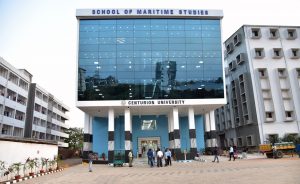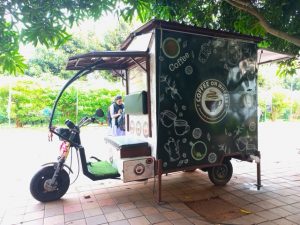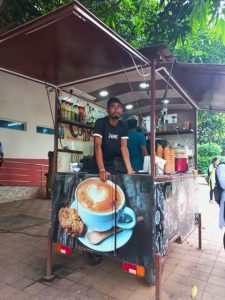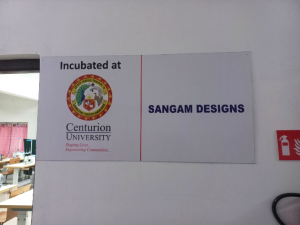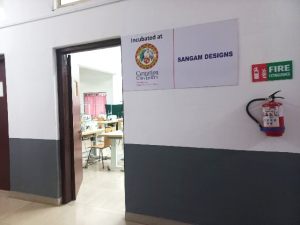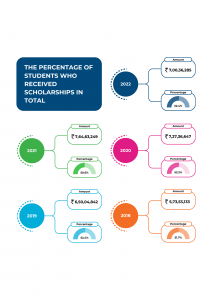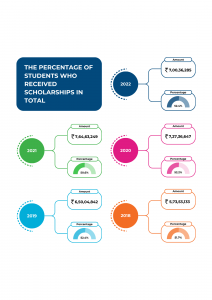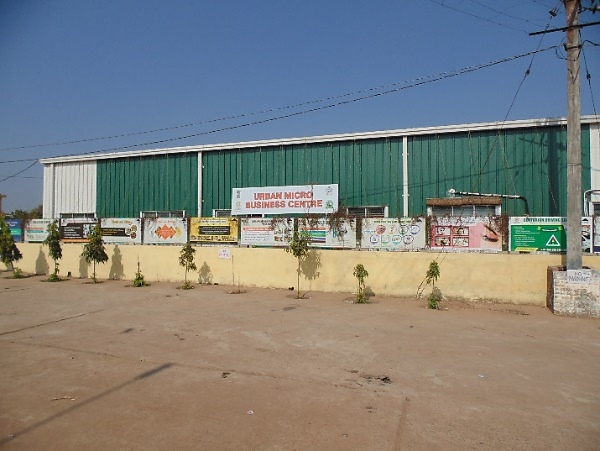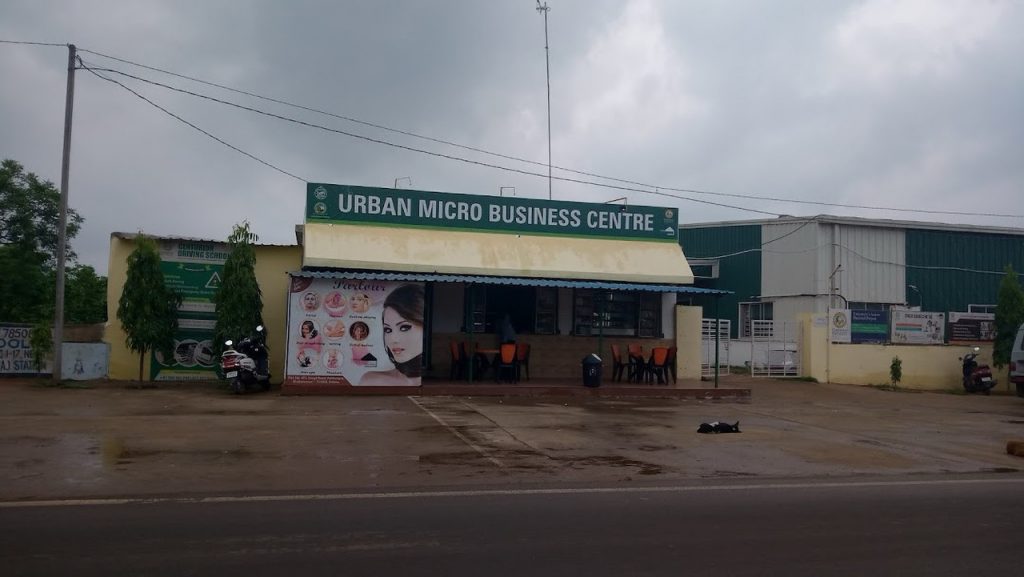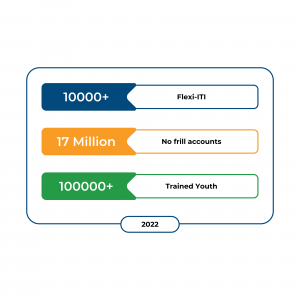Support to Students from Low or Lower-Middle-Income Countries
Centurion University treats national and international students equally. The fee structure of international students is on par with the domestic for all of its programs. There are students from several low and middle-income countries like former Afghanistan, Nepal, Bangladesh Sudan, and Uganda studying at the University. One of the schools, School of Maritime Studies has around 300 students from Nigeria as of 2023. The students are studying Bachelor of Marine Engineering and Nautical Sciences. The courses are carefully designed to build up the capacity of the country as Nigeria has a long coastline but limited capacity to train and skill its human resources. These categories of students are given 100% scholarship / financial assistance to cover their academic,
hostel and mess fees. They have been given the scope to access all the academic and non-academic
facilities inside the campus like the digital library, waiver in registration in different cultural, technical and sports clubs of the university. They are also covered with medical insurance which is applicable when admitted to the hospital due to any illness requiring hospitalization. They are also provided with medicines (free of cost) when they fall sick with common cough, cold, fever, etc. from the in-campus pharmacy store.

